"Order Lockdown Of Cities," P Chidambaram Tells Centre As Virus Spreads
Fri 20 Mar 2020, 08:56:08
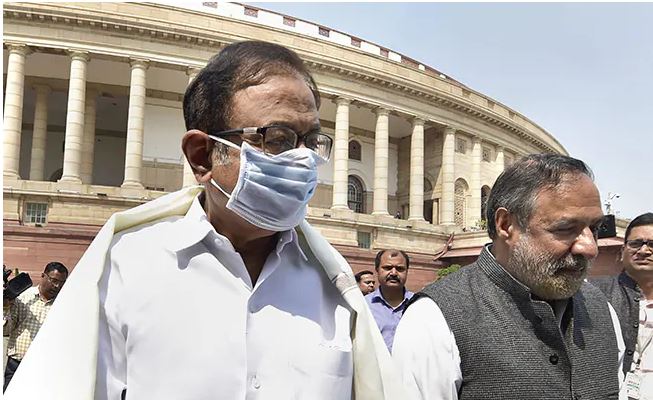
Congress leader P Chidambaram today urged the government to order an "immediate lockdown of all our towns and cities for 2-4 weeks" in an effort to contain the novel coronavirus outbreak in the country.
The former Union Home Minister was referring to Wednesday's statement by the World Health Organisation (WHO) in which all countries were urged to "isolate, test and treat every suspected case" and trace every possible contact made by suspected COVID-19 patients.
"After WHO Director General's statement yesterday, there should be no hesitation in ordering an immediate lockdown of all our towns and cities for 2-4 weeks," Mr Chidambaram tweeted this morning.
"Even after we have witnessed what is happening in Italy, Iran and Spain, why is the government refusing to take the logical step of a lockdown?" he asked, adding, "Some states that are ahead of the centre should lock down their towns and cities".
Italy, Iran and Spain are among the worst-hit countries by the COVID-19 pandemic outside China.
According to the WHO, there are over 35,000 cases and 2,900 deaths in Italy. In Iran, where 255 stranded Indians tested positive, over 17,000 cases have been reported. Spain has nearly 14,000 cases.
The Italians and Spanish have instituted unprecedented region-wide lockdowns affecting millions.
Calls for a similar lockdown in India, aided by banning large gatherings under Section 144, were made Wednesday by a group of businessmen who wrote a note to Prime Minister Narendra Modi.
"Since ICMR's (Indian Council of Medical Research) random sample testing has revealed that there is no community transmission (Stage 3) so far, this is the moment to announce a temporary lockdown and contain the disease at Stage 2," Mr Chidambaram said.
Stage 2 involves local transmission from infected persons
like relatives or acquaintances who have travelled abroad. Stage 3, which involves community transmission, will lead to an exponential growth in numbers of infected cases.
like relatives or acquaintances who have travelled abroad. Stage 3, which involves community transmission, will lead to an exponential growth in numbers of infected cases.
There are nearly 170 confirmed cases of COVID-19 in India and at least three deaths have been linked to the virus. As per the Union Health Ministry, Maharashtra and Kerala are the two worst-affected states, with 42 and 25 cases, respectively.
As part of its response to the pandemic, the Indian government has shut international borders and suspended incoming visas from affected countries.
State governments have shut down public spaces, such as malls, cinemas, gyms and swimming pools, have urged citizens to refrain from large gatherings and closed schools and colleges.
Sporting events in the country, such as the India-South Africa cricket matches and the Indian Premier League (IPL) have either been cancelled or postponed; Kerala, Delhi and Maharashtra were among the first to issue such orders.
Fears, however, have been expressed by experts over the low volume of testing by the government, which may be hiding the real extent of the virus spread.
On Wednesday WHO Director-General Tedros Ghebreyesus countries must "isolate, test, treat and trace" as part of their response to tackle the pandemic.
"There are many things countries can do. Physical distancing measures like cancelling sporting events, concerts and other large gatherings can help to slow transmission of the virus," Mr Ghebreyesus said.
"They can reduce burden on health system and help make epidemics manageable, allowing targeted and focused measures. But to suppress and control epidemics, countries must isolate, test, treat and trace," he added.
The COVID-19 virus is believed to have originated at a food market in China's Wuhan district in December last year. Worldwide, as per WHO data, over 8,000 have died and 2 lakh have been infected.
No Comments For This Post, Be first to write a Comment.
Most viewed from National
Most viewed from World
AIMIM News
Latest Urdu News
Most Viewed
May 26, 2020
Do you think Canada-India relations will improve under New PM Mark Carney?
Latest Videos View All
Like Us
Home
About Us
Advertise With Us
All Polls
Epaper Archives
Privacy Policy
Contact Us
Download Etemaad App
© 2025 Etemaad Daily News, All Rights Reserved.

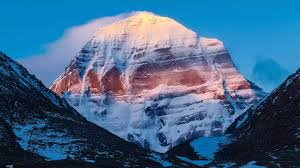
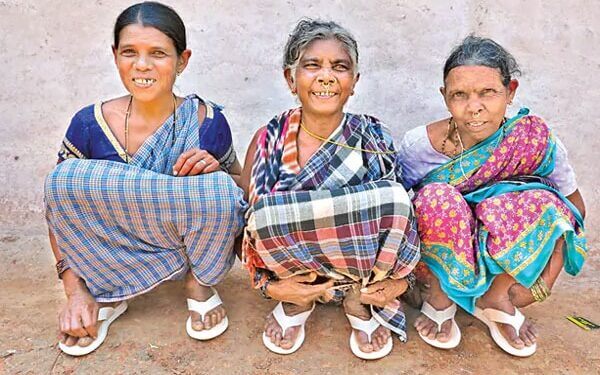
.jpg)
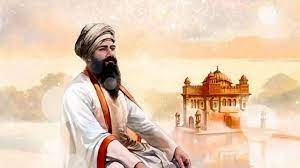
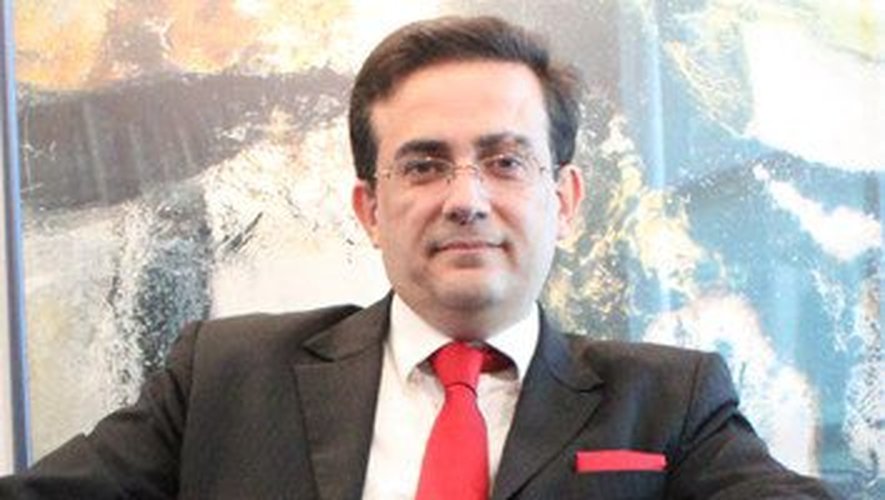
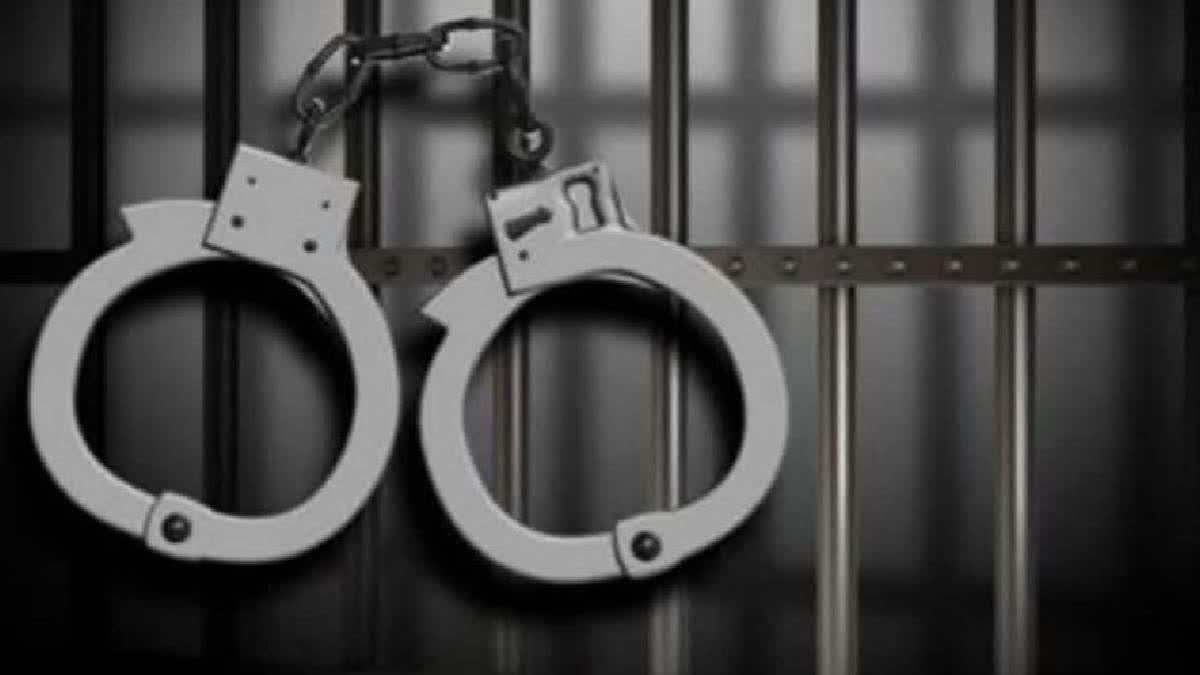
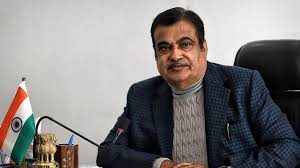
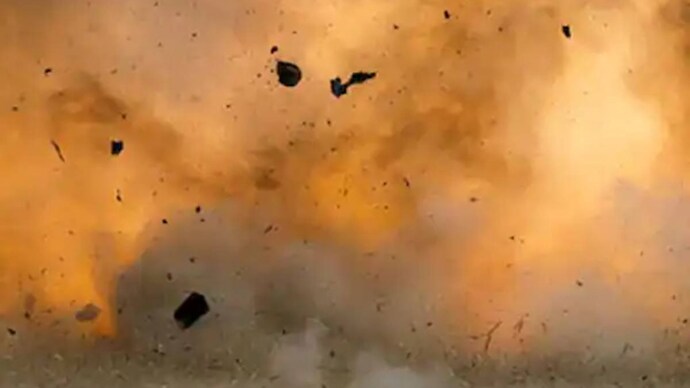
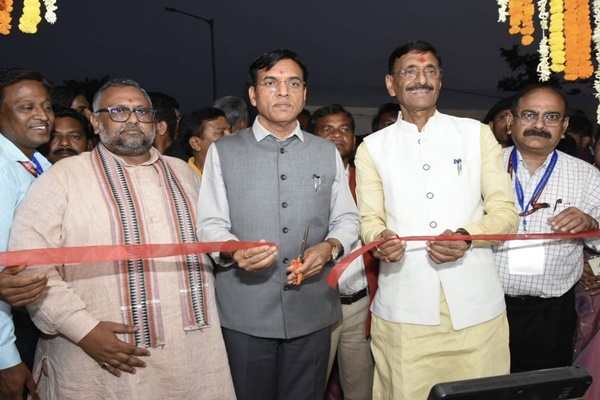
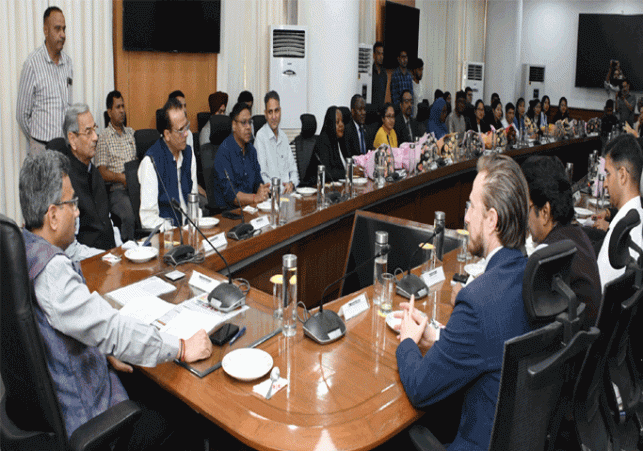
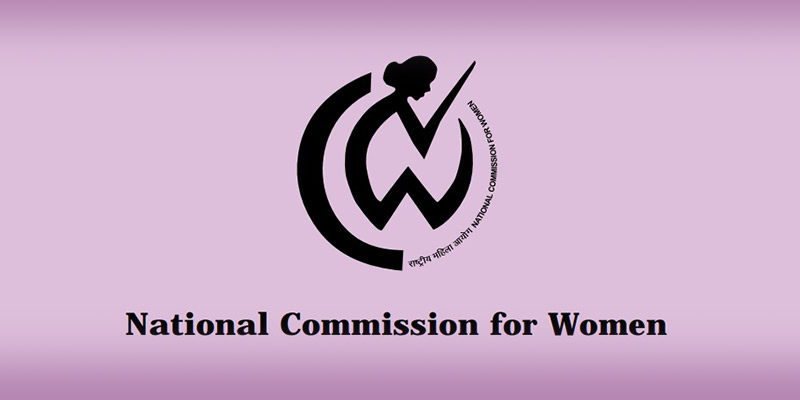
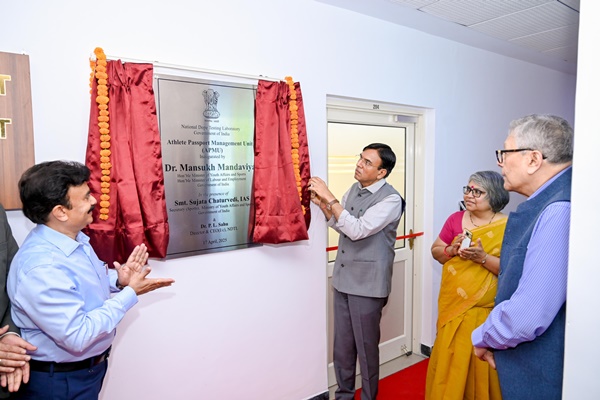
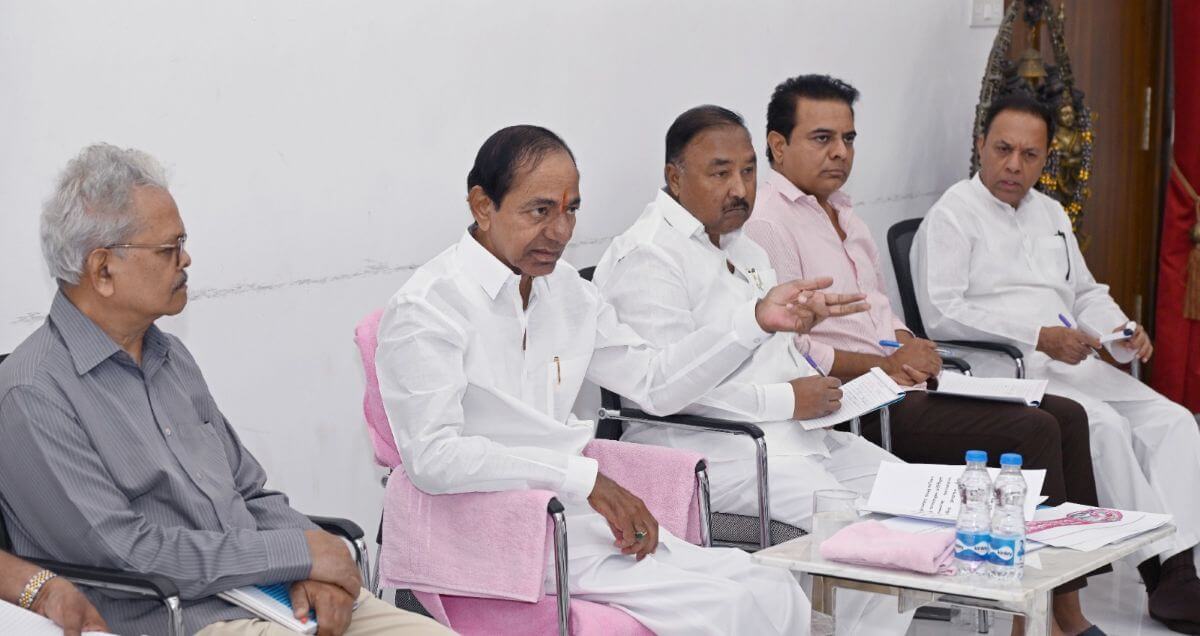
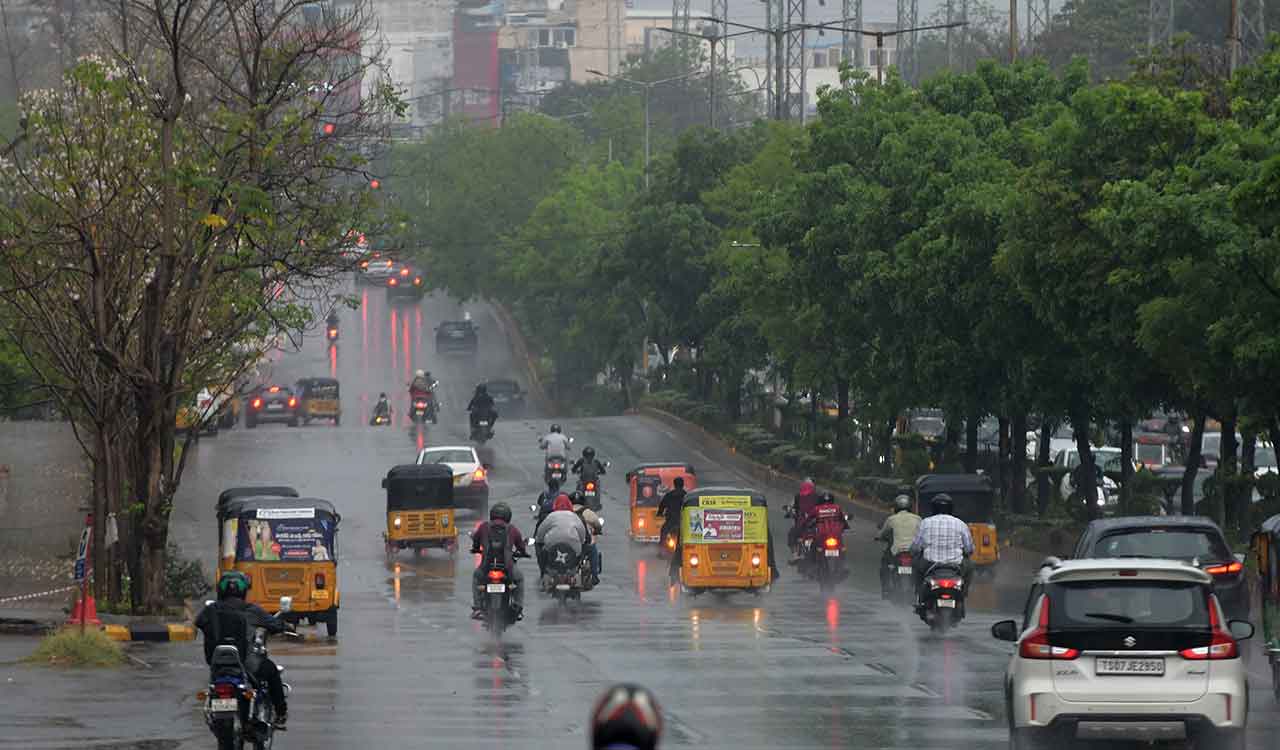
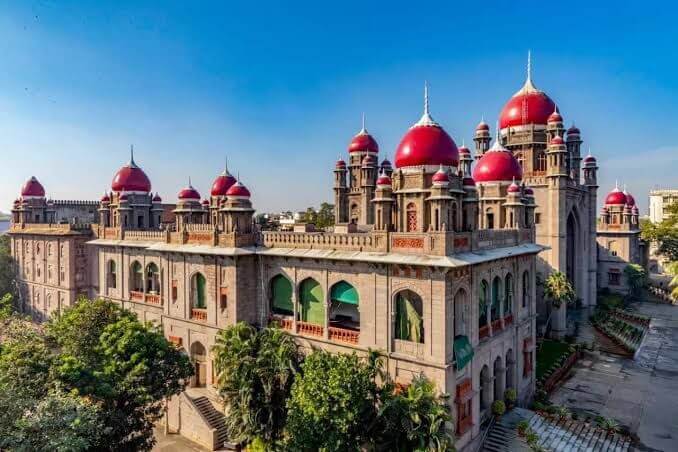
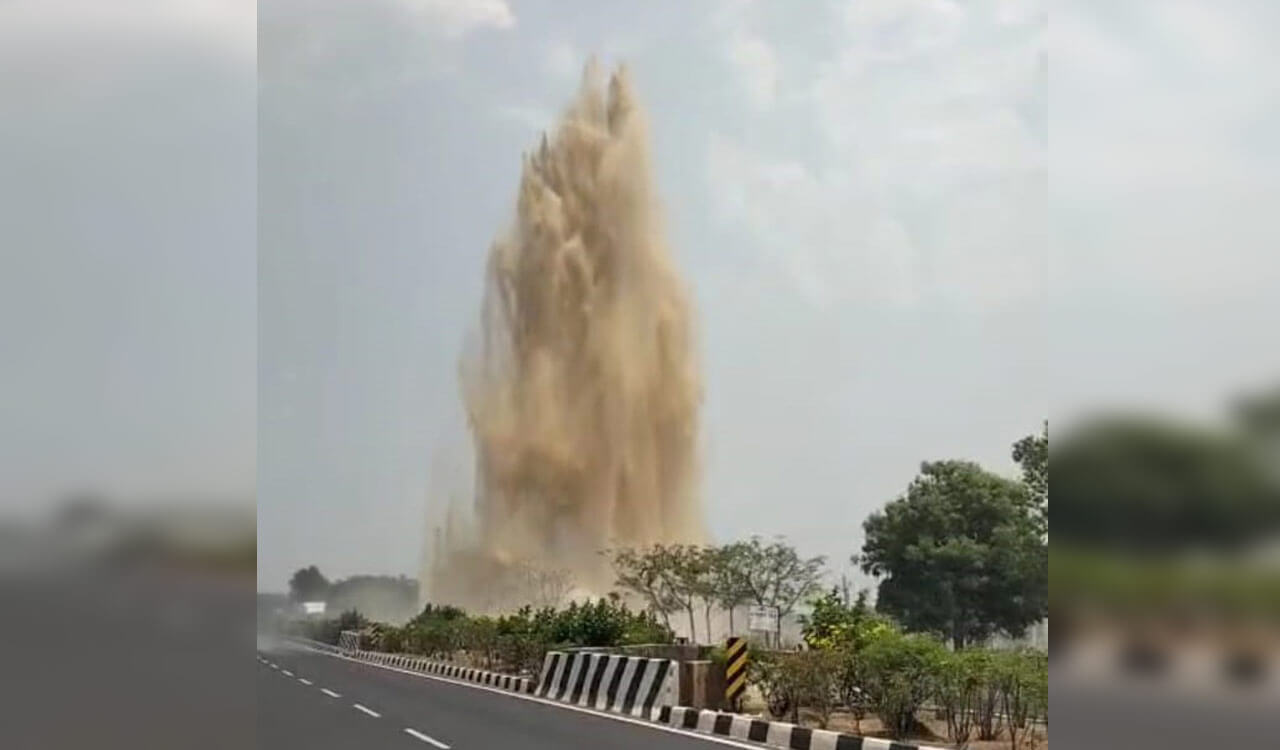
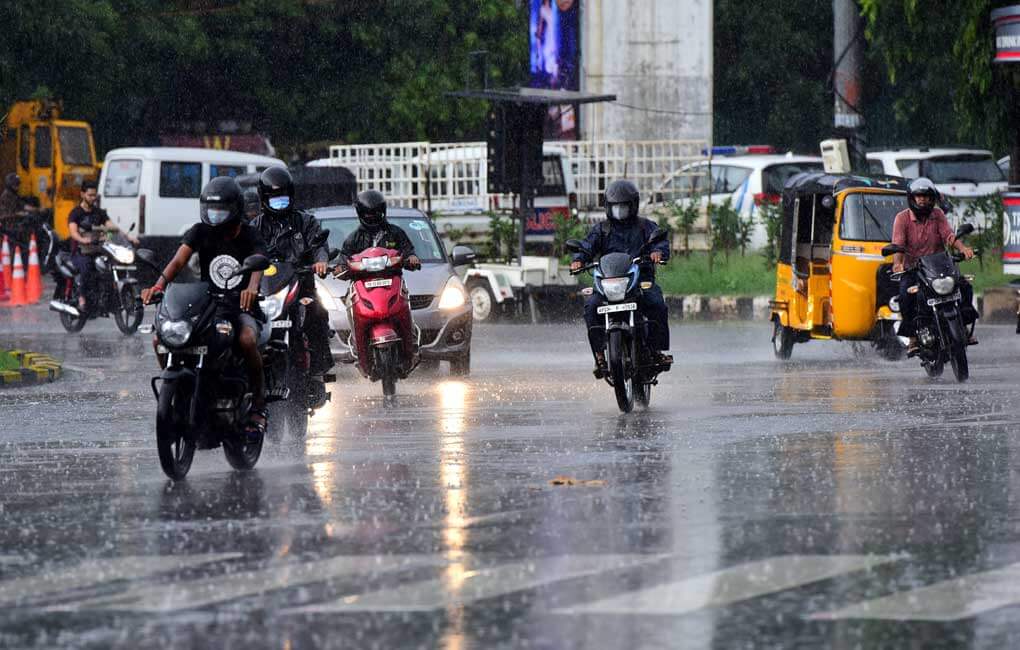
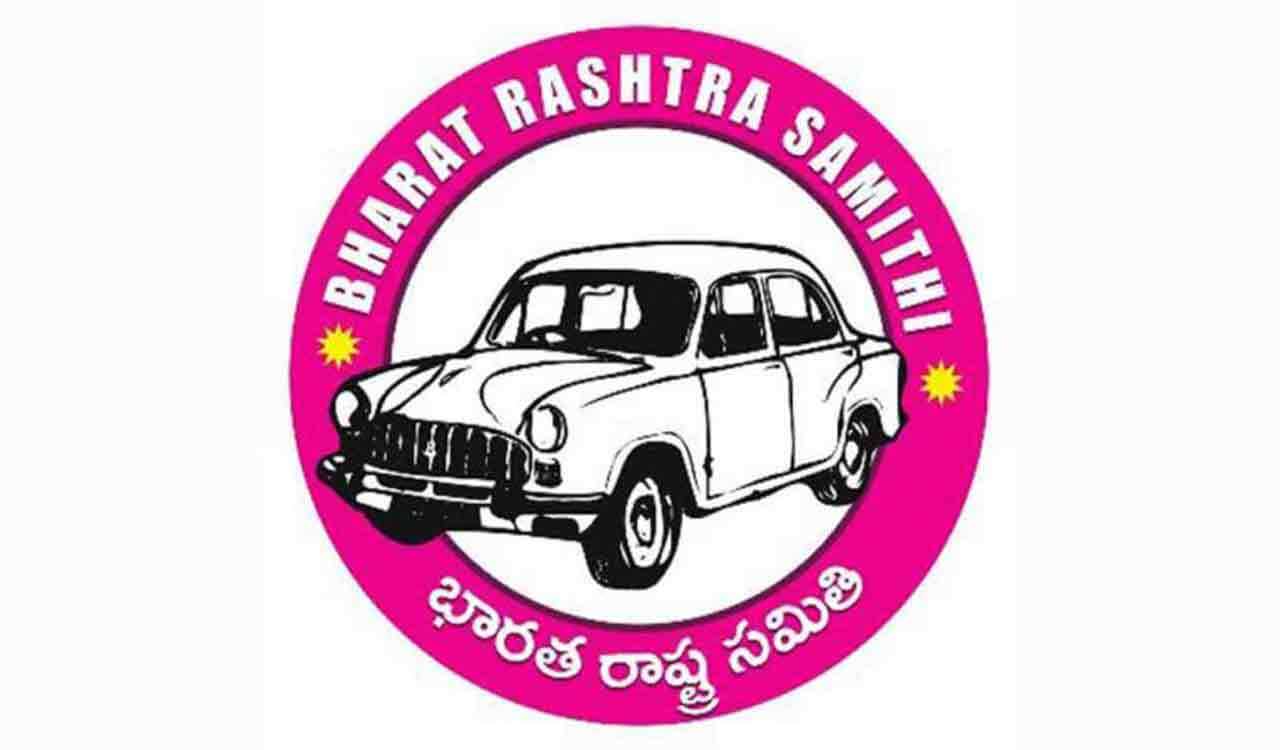
.jpg)
.jpg)
.jpg)
.jpg)
.jpg)
.jpg)

















